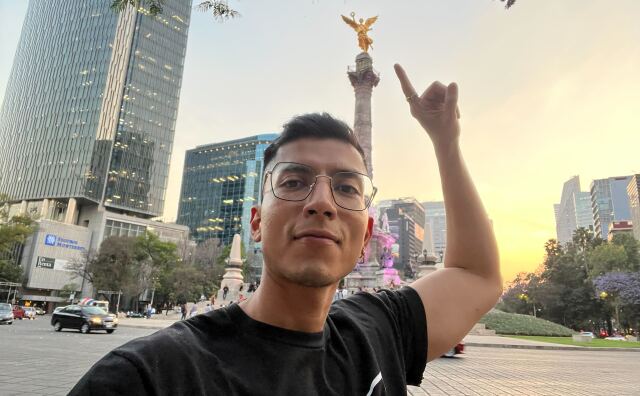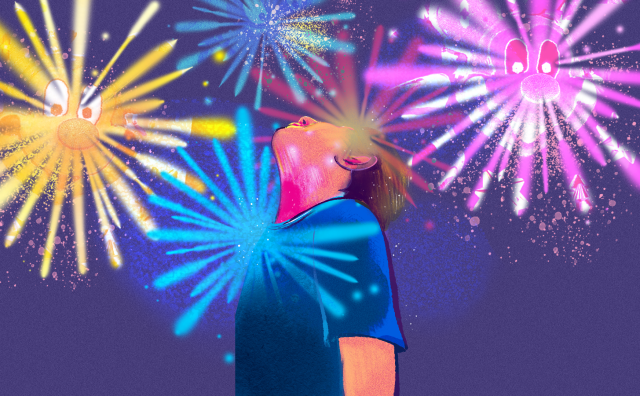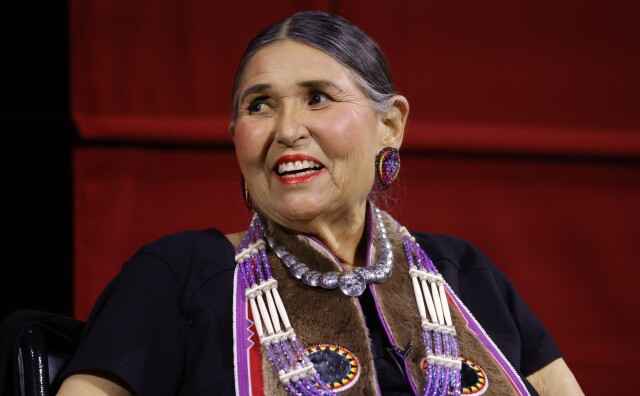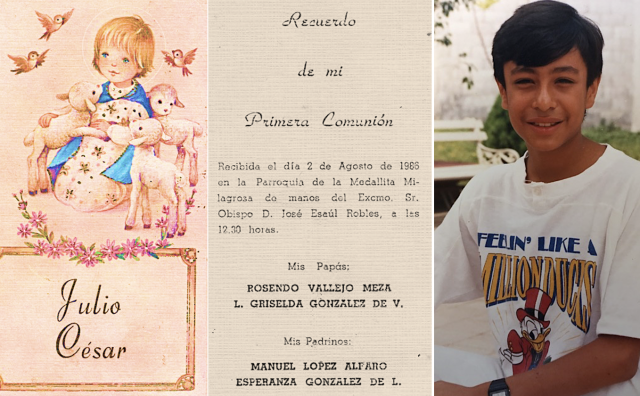Why Will Smith's Slap Seen 'Round The World Struck Us All

I wouldn’t be here if it weren’t for Will Smith.
In a world where people often need to categorize Black people to understand — and even hire — them, I often found his name at the end of the question, “Do you know who you remind me of?”
For better or worse, Black excellence often benefits us all. In our generations-long struggle for equity, people such a Smith are part of a proud line of doers who prove, if nothing else, that we, too, hold the capacity for greatness in a predominantly white field. But, it’s a double-edged sword.
[Update: Smith issued an apology late Monday afternoon.]
When Black public figures prove to be anything other than superhuman, their momentary lapse in judgment can (and often will) provide America’s contingent of comment-section-dwelling racists with fodder they need to continue denigrating the entire race. Said contingent is the reason I keep my hands visible when shopping in stores, and they’re the reason I can’t help but feel like we all lost something Sunday night.

-
At magnitude 7.2, buildings collapsed
-
Now spinning in front of Santa Monica apartments
-
Advocates seek end to new LAUSD location policy
It’s surreal to think about: a Black man in a tuxedo struck another Black man in a tuxedo, on stage, in front of millions of people. Then the night just moved on. This simple fact will take a while for us to fully digest.
Still, it’s important to remember that there was no one bad thing that happened at the Academy Awards. Instead, several heartbreaking facts surfaced from the slap seen ‘round the world. Now is the time for us to acknowledge the feelings that wash over us and discuss them in hopes that we may transmute our collective shock, grief, and disappointment into healing and growth.
As we begin this journey, here are some areas where you might focus your attention:
Black Women Deserve Better
The public reaction to Smith’s slap, ostensibly in response to Chris Rock’s quip about Jada Pinkett Smith’s alopecia-related hair loss, often ignores the most critical questions:
Is that what his wife actually needed from him at that moment?
How could Will, Chris Rock, and the Academy community have best shown up for Jada that night?
Assault is wrong.
— Amanda Parris (@amanda_parris) March 28, 2022
Alopecia is a painful experience that many Black women go through and should not be joked about.
The concept of being ‘the protector’ can be a form of toxic masculinity.
Black women are rarely protected and deserve to be protected.
And what’s more, in a move to defend a woman’s honor steeped in patriarchy and machismo, Jada has largely been absent from conversations around the slap sans being the victim.
Making a joke at the expense of a Black woman with a medical condition is trash.
— Angel Jones, PhD (@AngelJonesPhD) March 28, 2022
Toxic masculinity is also trash.#Oscars
Black Trauma Remains Real
Despite his box-office success and considerable wealth, there’s probably far more happening in Smith’s life than any of us know. Celebrity doesn’t inoculate a Black man from unleashing upon someone who disrespects his wife, especially when Black people have been forced to grin and bear personal degradation to survive endemic racism. Still…
Celebrity Entitlement Can Transcend Race
Discussions online rage over whether it was appropriate or acceptable for Rock to make light of Jada Pinkett Smith’s condition. I’m sure it will remain a subject of debate for years to come.
For me and many others, however, it’s nearly impossible to comprehend the sense of entitlement that Smith felt the moment that he decided to take to the stage. His actions stole the spotlight from others, including another Black man, Questlove, who Rock announced as the Best Documentary Feature winner for Summer of Soul just moments after the slap.

The only conclusion that I can reach is that Smith has been a VIP for so long that’s he’s forgotten that basic rules of decency apply to him too.
Don’t Let Respectability Politics Into This Conversation
Many Black people are raised not to make a scene in front of white people. Smith’s slap broke what was an unspoken rule for many of us.
But this rule is leftover from a time when America (i.e. white people) demanded, both by custom and by law, that we prove we were worthy of trust and respect, often by demonstrating that we were not making trouble. (The old “You’re a credit to your race” trope.)
Admittedly, when I first saw the slap, I felt that familiar pang of discomfort — that the scene could reflect badly on us all. But I’m learning to reject that generational trauma. Black people have already proved themselves to America. It’s the system that’s broken.
Several Excellent People Made Academy History Sunday Night
CODA, which tells the story of the only hearing member of a Deaf family and her relationship with her parents and brother, won Best Picture.
Troy Kotsur became the second Deaf actor and the first Deaf man to win an Oscar.
Ariana DeBose became the first queer Afro Latina actress to win an Oscar for her role as Anita in West Side Story.
Don’t Forget To Remember
It’s normal to react to such a bizarre act with humor. (Frankly, I’ve never seen quite so many memes pop up in such a short period.) But, we can’t lose sight of the harshest truths that surfaced during the 94th Annual Academy Awards.
I know we’re all still processing, but the way casual violence was normalized tonight by a collective national audience will have consequences that we can’t even fathom in the moment. #Oscars2022
— Janai Nelson (@JNelsonLDF) March 28, 2022
Our personalities include a collection of problematic beliefs, fears and reactions that influence our decisions throughout the day. This is as true for Smith as it is for the masses who took to Twitter to share their responses to Smith’s slap.
We owe it to those who were and will be directly and indirectly affected by the primetime slap to look beyond the superficial he said-he did condemnations, defenses, and justifications for Smith or Rock. We owe it to victims and survivors of domestic violence and Black people — especially Black women — who grapple with trauma, oppression, abuse, and ignorance the other 364 days a year.
-
My good friend used advance parole to leave the country and return. Now it's my turn to go back "home."
-
When you grow up in Anaheim close enough to watch Disneyland fireworks every night while your family can’t afford to go, you can’t help but feel like you’re on the outside looking in.
-
She sat down with us in April, nearly 50 years after the night she turned down Marlon Brando's Best Actor Oscar — which is still among the most memorable and contentious in Academy Awards history.
-
Latin America is no stranger to racism and colorism — just turn on a telenovela and see for yourself. And it’s alive and well in our own communities here in the U.S.
-
When you grow up identifying as "half white and half Mexican," the task of choosing what box to check on a government form isn't easy.
-
Growing up as the son of a Filipino immigrant dad and Russian American mom, Mark Moya felt equally attached to both cultures. He still does. Lately, he's been thinking more about their immigrant legacy and how it shaped him, especially after losing his dad earlier this year to COVID-19.









